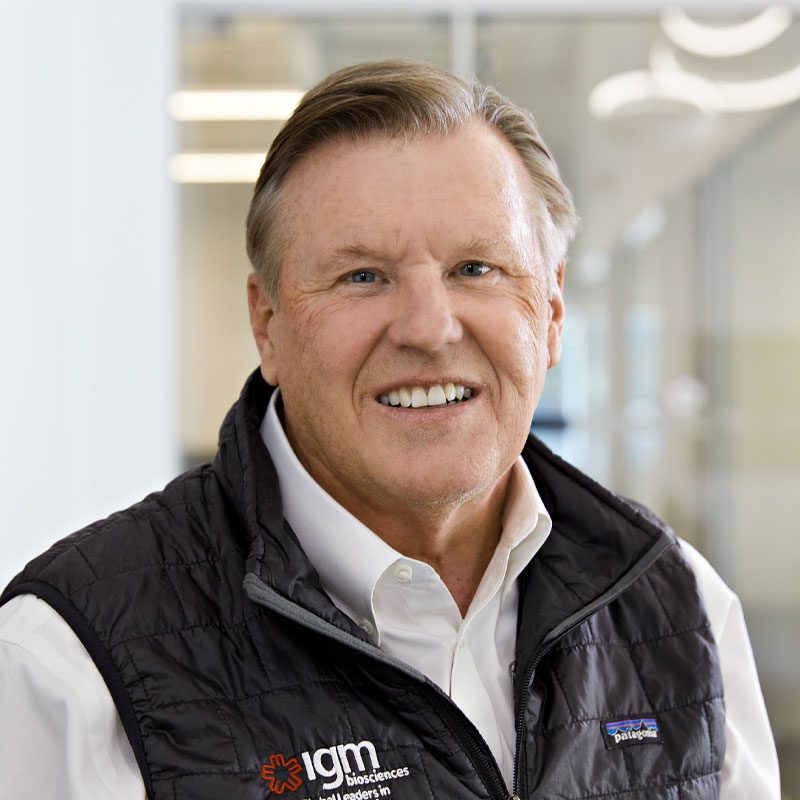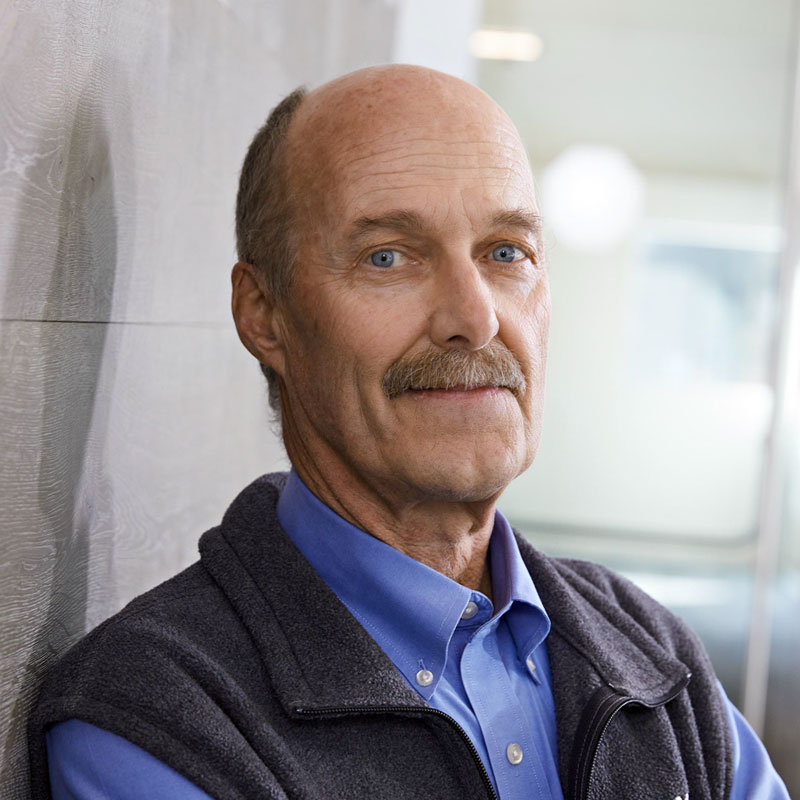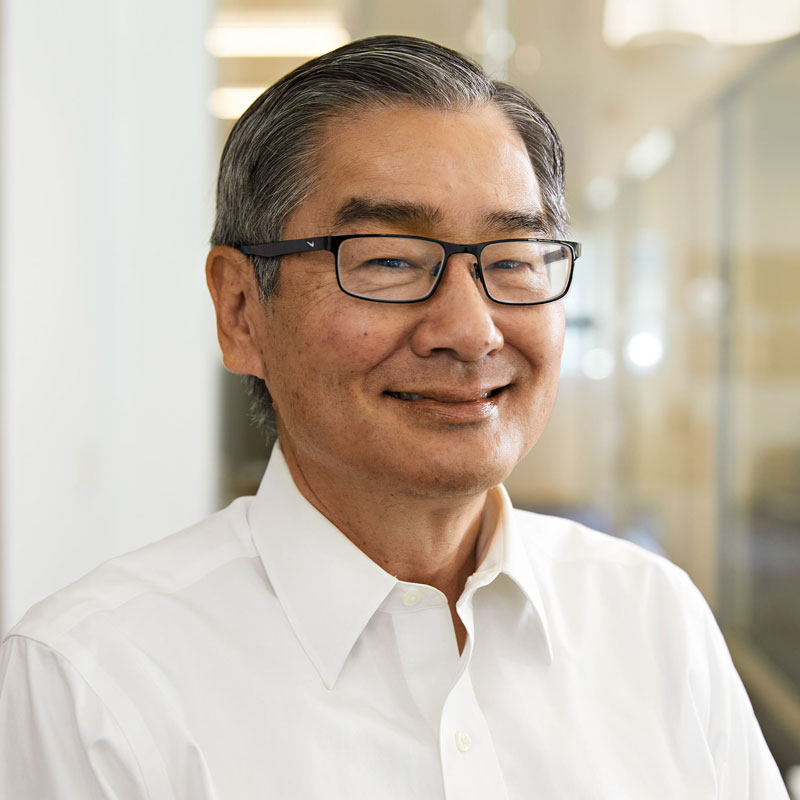IGM Biosciences will stop working in cancer and shrink its T cell engager pipeline to focus on autoimmune diseases, the California biotech said late Monday.
 Fred Schwarzer
Fred SchwarzerThe company’s CEO, Fred Schwarzer, is leaving the company as well, and will be replaced by Mary Beth Harler. Harler came to IGM in 2021 as president of its autoimmunity work after 11 years at Bristol Myers Squibb.
CSO Bruce Keyt is also departing, and medical chief Chris Takimoto is leaving “to pursue an opportunity outside” IGM, the company said.
“We believe the clinical, and ultimately commercial, potential of our pipeline of T cell engaging antibodies in treating autoimmune diseases is significant,” Harler said in a press release.
 Bruce Keyt
Bruce KeytThe company said it plans to share initial clinical data from its drug imvotamab by the end of this year or early next year.
IGM’s share price $IGMS was down more than 15% after Monday’s closing bell. The company said its cash runway now extends into 2027, up from a prior guidance of the second quarter of 2026.
The program and leadership changes come a few months after Sanofi halved the duo’s multibillion-dollar pact, removing three oncology targets but keeping inflammation and immunology plans. Mountain View, CA-based IGM also scrapped a blood cancer program last year and laid off 22% of its workforce.
IGM’s oncology work had included a Phase 1 colorectal cancer drug known as aplitabart. The trial completed enrollment and was on track for topline results before next April.
 Chris Takimoto
Chris TakimotoNow, IGM will focus on the CD20xCD3 bispecific imvotamab, which is in Phase 1 testing for rheumatoid arthritis, systemic lupus erythematosus and myositis. The company also expects to enter the clinic by the end of this year with IGM-2644, a CD38xCD3 bispecific T cell engager for generalized myasthenia gravis.
T cell engagers have started to make their way into autoimmune diseases. Merck is interested in the application of the modality in autoimmune diseases, paying $700 million upfront for an experimental treatment from Curon Biopharmaceutical. Ken Song’s Candid Therapeutics emerged last month with more than $370 million to advance two clinical-stage programs.